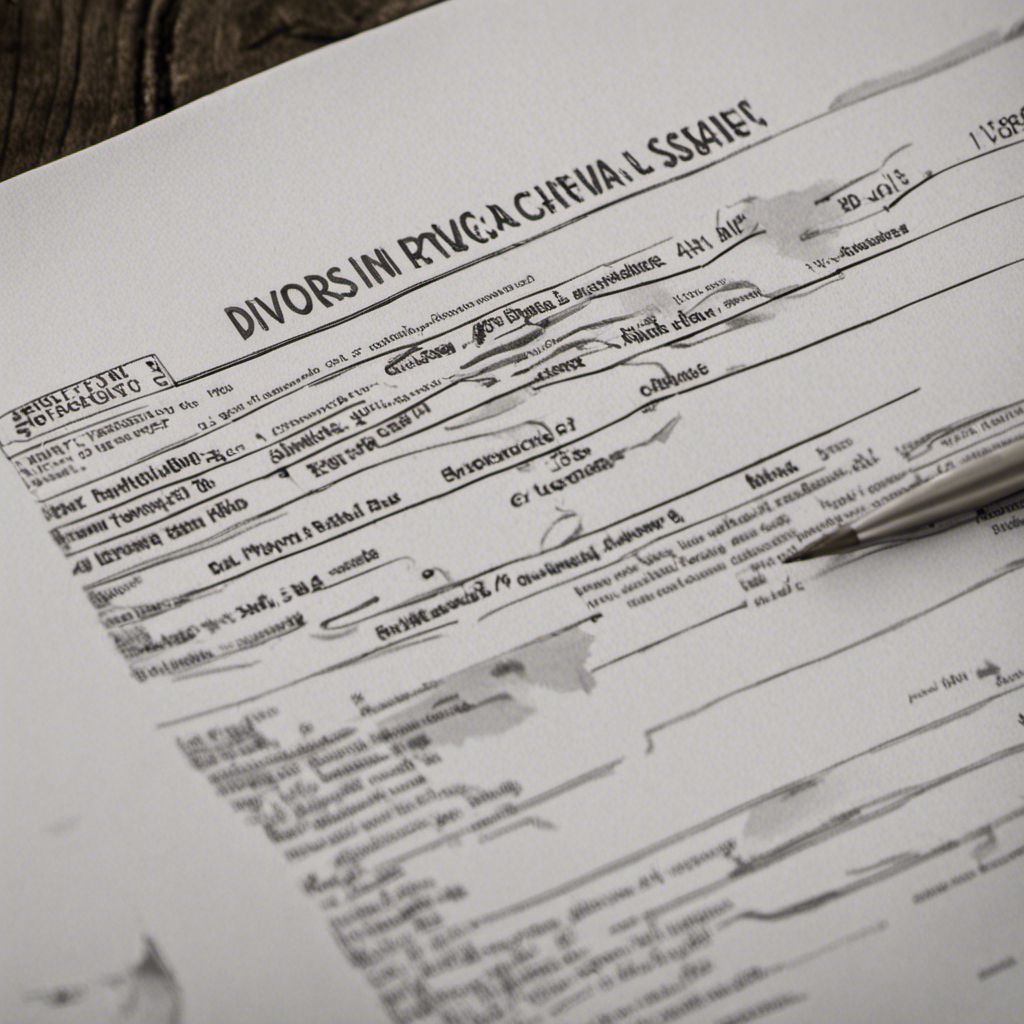Do You Need Proof for a Divorce in Texas? Understanding Divorce Requirements
Introduction
Divorce is a complex and emotionally charged process that involves legal, financial, and personal considerations. If you’re contemplating a divorce in Texas, you might be wondering whether you need to provide proof for various aspects of the divorce. Texas divorce laws have specific requirements, but the need for proof can vary depending on the circumstances. In this article, we’ll explore whether you need proof for a divorce in Texas and shed light on the key factors involved.
Grounds for Divorce in Texas
Texas is a “no-fault” divorce state, which means that you don’t need to prove fault or wrongdoing on the part of your spouse to obtain a divorce. The most common ground for divorce in Texas is “insupportability,” often referred to as irreconcilable differences. This essentially means that the marriage has become insupportable due to conflict or discord that cannot be resolved. In such cases, you don’t need to provide evidence of specific actions or reasons for the divorce.
Other Grounds for Divorce
While insupportability is the most common ground for divorce, Texas also recognizes other grounds that might require different levels of proof:
Cruelty: If your spouse has been cruel to you, you can seek a divorce on grounds of cruelty. However, proving cruelty can be challenging, as you’ll need to provide evidence that the cruelty endangered your physical or mental well-being.
Adultery: Adultery can be a ground for divorce in Texas, but proving it can be difficult. You would need substantial evidence, such as photographs, text messages, or witnesses, to convince the court that adultery occurred.
Felony Conviction: If your spouse has been convicted of a felony and has been imprisoned for at least one year, this can serve as grounds for divorce. In this case, the conviction itself can act as proof.
Abandonment: Abandonment, also known as “constructive abandonment,” occurs when your spouse leaves you for at least a year. While you don’t necessarily need physical proof, you might need witnesses or other evidence to establish the timeline and circumstances.
Living Apart: If you and your spouse have lived apart without cohabitation for at least three years, this can be a ground for divorce. Proof in this case might involve providing documents or witnesses to demonstrate the separation period.
Property Division and Child Custody
When it comes to property division and child custody in a Texas divorce, the need for proof can become more significant. Texas is a community property state, which means that marital assets are generally divided equally between spouses. Proof of ownership and the value of assets might be required during this process.
Similarly, in child custody cases, the court’s primary consideration is the best interests of the child. You might need to provide evidence that demonstrates your ability to provide a stable and supportive environment for the child. This can include documents, witnesses, and possibly even expert opinions.
Conclusion
In Texas, the extent to which you need proof for a divorce can vary based on the grounds for divorce and the specific issues involved. While a “no-fault” divorce based on insupportability generally doesn’t require proof of specific wrongdoing, other grounds like cruelty, adultery, and abandonment might necessitate more substantial evidence. Additionally, during property division and child custody negotiations, proof can play a crucial role in determining outcomes.
Before proceeding with a divorce, it’s crucial to consult with an experienced family law attorney who can guide you through the legal process and help you understand the specific proof requirements in your situation. Ultimately, while not all divorces require extensive proof, being well-prepared with evidence can help ensure a smoother process and more favorable outcomes.




